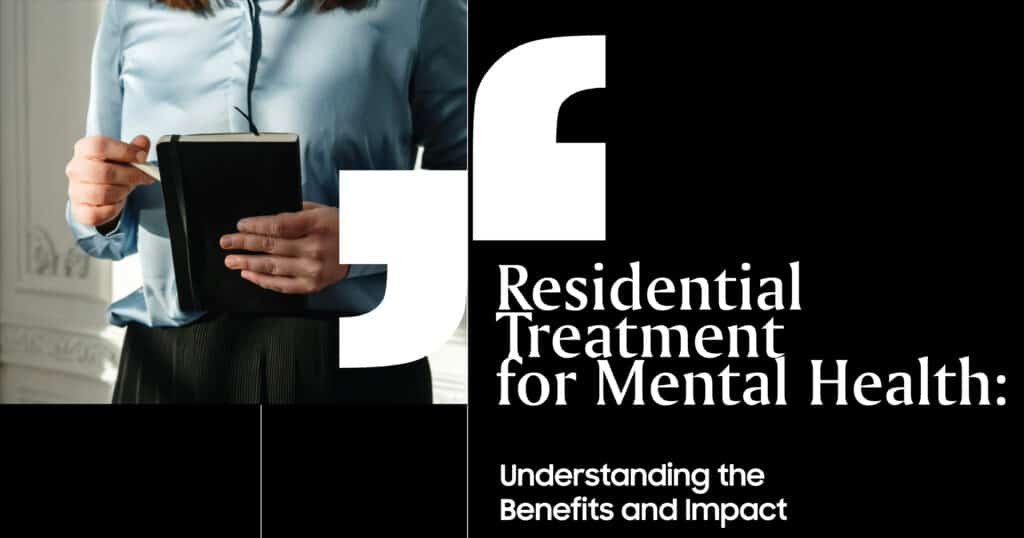Residential treatment for mental health offers a unique and comprehensive approach to healing and recovery for individuals struggling with various mental health challenges. By providing a structured and supportive environment, residential programs empower individuals to address underlying issues and embark on a journey toward wellness.
Understanding Residential Treatment for Mental Health
What is Residential Treatment?
Residential treatment involves residing in a specialized facility where individuals receive round-the-clock care and support for mental health concerns. These programs offer a range of therapeutic interventions tailored to meet the unique needs of each individual.
Benefits of Residential Treatment
- Intensive therapeutic support
- Structured daily routine
- Removal from triggering environments
- Peer support and camaraderie
- Holistic approach to healing
Exploring the Impact of Residential Treatment
Comprehensive Therapeutic Interventions
Residential treatment programs offer a wide range of therapeutic interventions designed to address various aspects of mental health. From individual therapy sessions to group therapy, experiential activities, and psychoeducation, these programs provide individuals with the tools and skills they need to manage their symptoms and improve their overall well-being.
Holistic Approach to Healing
One of the key benefits of residential treatment is its holistic approach to healing. In addition to traditional therapy modalities, residential programs often incorporate alternative and complementary therapies such as yoga, meditation, art therapy, and equine therapy. This holistic approach addresses the physical, emotional, and spiritual aspects of wellness, promoting overall health and vitality.
FAQs about Residential Treatment for Mental Health
Who can benefit from residential treatment for mental health?
Residential treatment is suitable for individuals experiencing severe or persistent mental health challenges that require intensive support and intervention. This may include individuals with mood disorders, anxiety disorders, trauma-related disorders, and substance use disorders.
How long do individuals typically stay in residential treatment programs?
The duration of stay in residential treatment programs varies depending on the individual’s needs and treatment goals. Some programs may last for several weeks, while others may extend to several months or longer, depending on the severity of the individual’s condition and their progress in treatment.
What happens after completing a residential treatment program?
After completing a residential treatment program, individuals may transition to a lower level of care, such as outpatient therapy or a partial hospitalization program. Continued support and follow-up care are essential for maintaining progress and preventing relapse.
Wrapping Up
In wrapping up, residential treatment for mental health offers a comprehensive and holistic approach to healing and recovery for individuals facing mental health challenges. By providing intensive therapeutic support, structured environments, and a holistic array of interventions, residential programs empower individuals to reclaim their lives and embark on a journey toward lasting wellness.





